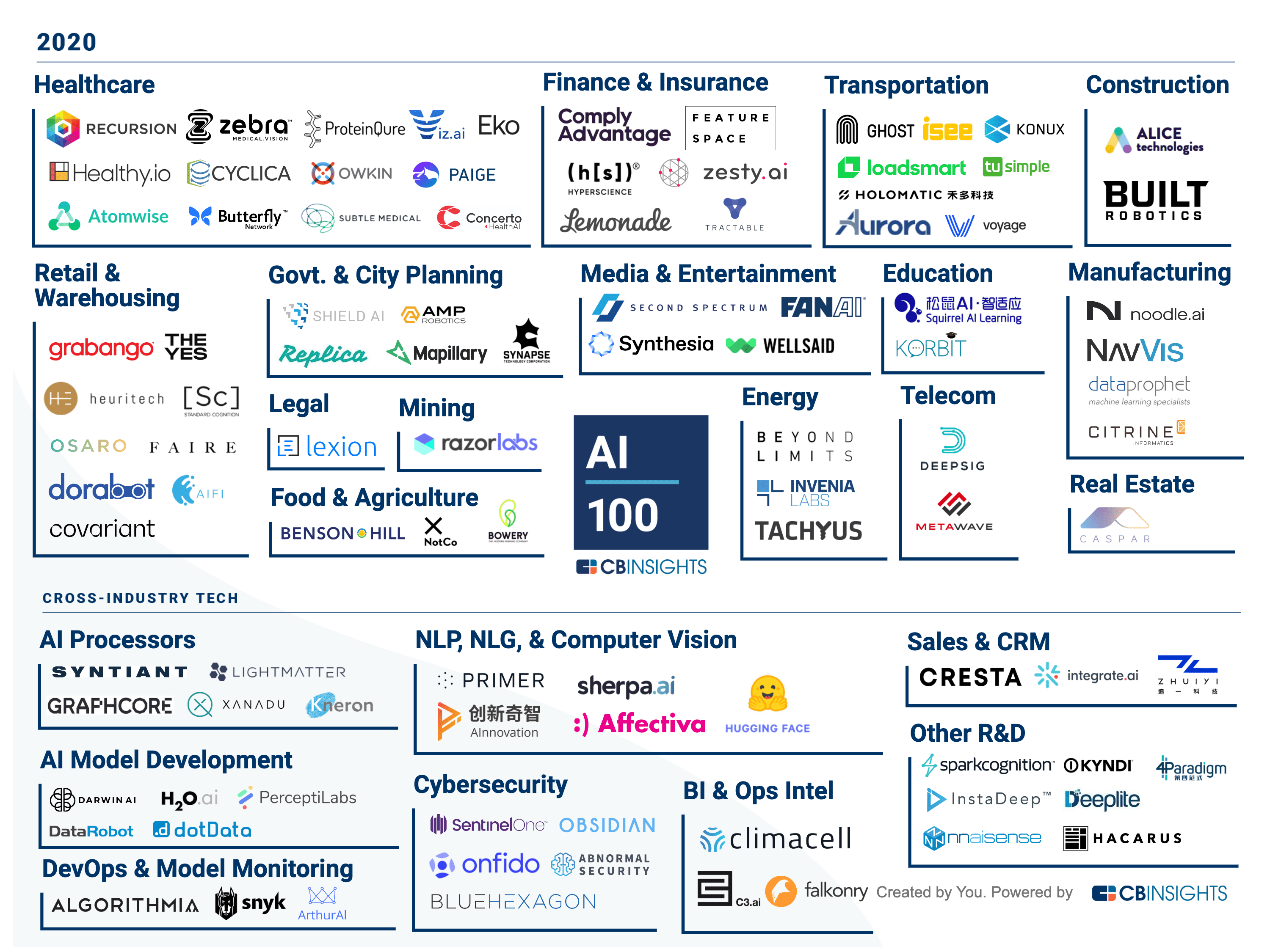
These are options rather than requirements.


Once that happens you will receive 1,000 shares of stock in the company at no additional cost to you. for five years before your stock options vest. In this case, you have to work at Employer Corp.

So, for example, you might have an employment contract that offers you the following terms:ġ,000 shares of Employer Corp., Vesting Period: Five years, No purchase price While some employers may waive the purchase price for employee stock options, virtually all of them require a vesting period. With purchase, employers will offer you the option to buy shares of stock for a pre-determined price. Once this “vesting period” is finished, you become eligible to receive your shares of stock. With vesting, you have to work at the company for a minimum amount of time. So, for example, you might buy the following options contract: A stock option is an options contract written around stocks. For investors, an options contract is a financial asset that gives you the right to buy or sell another asset at a later date. Stock options work a little bit differently in an employment context than they do for investors. If you’re not sure about what you should do with your stock options, or how they might work, consider working with a financial advisor to go over your situation. We cover how it works, and how to consider stock options with a startup company, below. But if the company does quite well, or if you end up working for a unicorn, those options might pay for your retirement overnight. If the company doesn’t go public or has at best mediocre performance, they probably won’t help you much.

Stock options with a startup company are a little bit like a lottery ticket. Startups often give employees stock options as a potential perk to working for the company, especially if they can’t afford to pay larger salaries. SmartAsset: How Startup Stock Options Work


 0 kommentar(er)
0 kommentar(er)
